After more than 20 years and multiple failed revivals, the Electronic Entertainment Expo (E3) is officially saying goodbye, according to its operators at the Entertainment Software Association (ESA).
In an interview with The Washington Post, ESA CEO Stanley Pierre-Louis confirmed today that E3 is dead, listing a shift in how the industry operates and markets products, and specifically dealing with individual showcases like the Nintendo Direct, as a key cause in this decision.
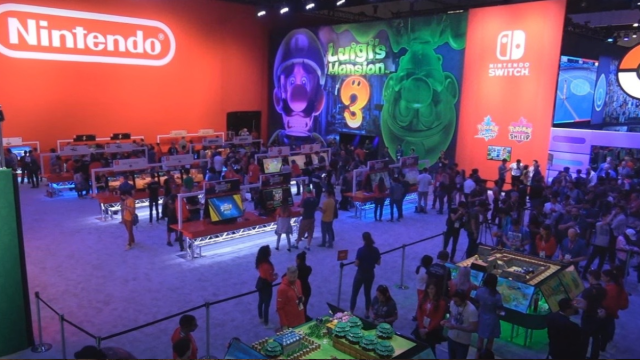
The time of E3 being the top dog and pulling eyes with the biggest announcements is in the past as showcased by four straight years of cancelations and failed retooling for the current space. And while the ESA acknowledges there is still a shared passion for the event brand, that doesn’t justify trying for a fifth time. “We know it’s difficult to say goodbye to such a beloved event, but it’s the right thing to do given the new opportunities our industry has to reach fans and partners,” Pierre-Louis told The Washington Post.
Pierre-Louis went on to describe how E3 lost its core marketing and business model for the industry once companies started branching out and sharing information through those individual showcases or other business relations—potentially taking a dig at Geoff Keighley’s “E3 killer” Summer Game Fest. Inviting fans to the event or trying to rework the E3 experience with its failed ReedPop partnership wouldn’t have saved E3, and the ESA understands that.
It is a bittersweet realization, but one that is ultimately reflective of the growth within the games industry when it comes to no longer needing one centralized marketing hub every year. “Any one of these major companies can create an individual showcase … [and] also partner with other industry events to showcase the breadth of games,” Pierre-Louis told The Washington Post. “That’s exciting for our industry, and it means it’s an opportunity for them to explore how to engage new audiences in different ways.”


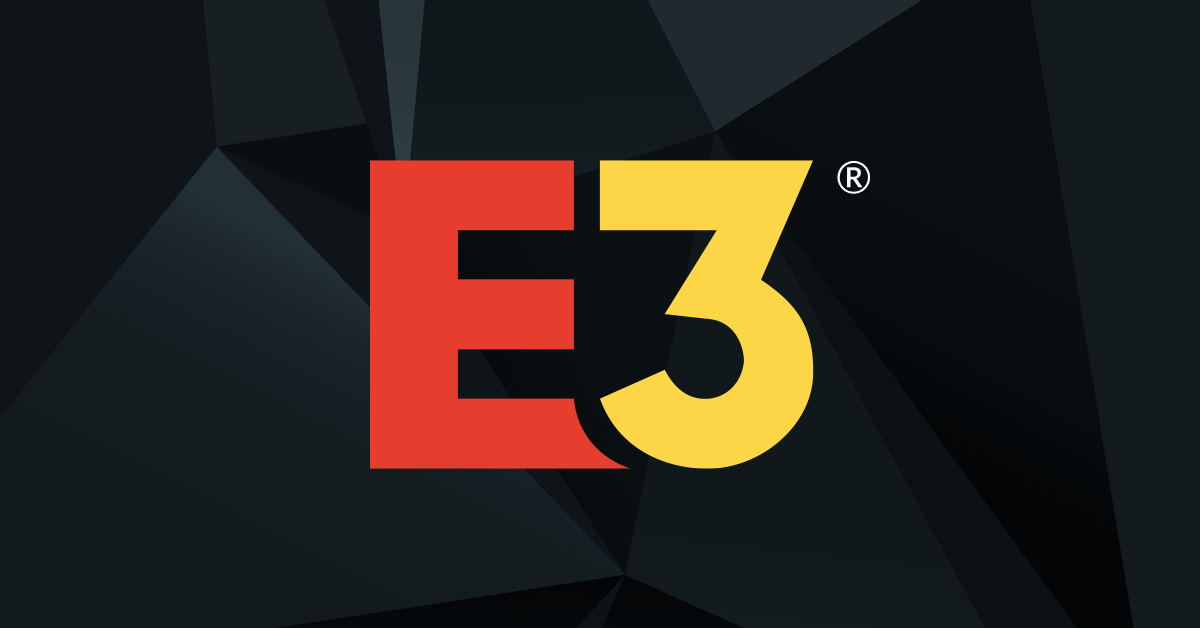



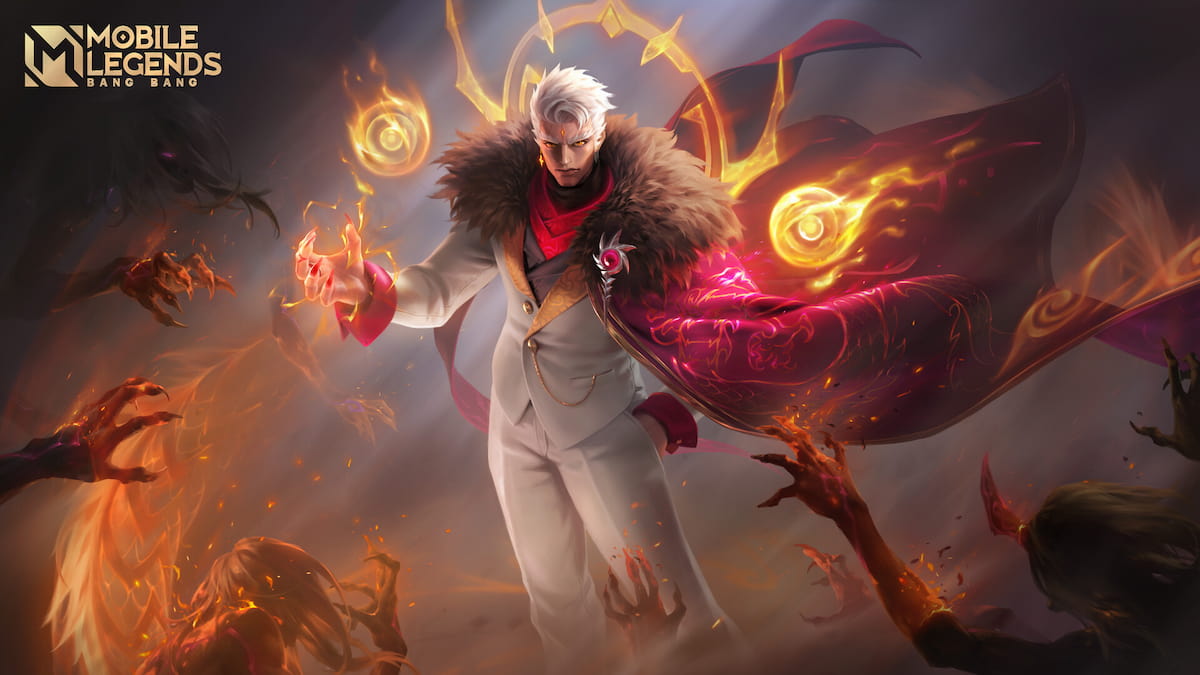
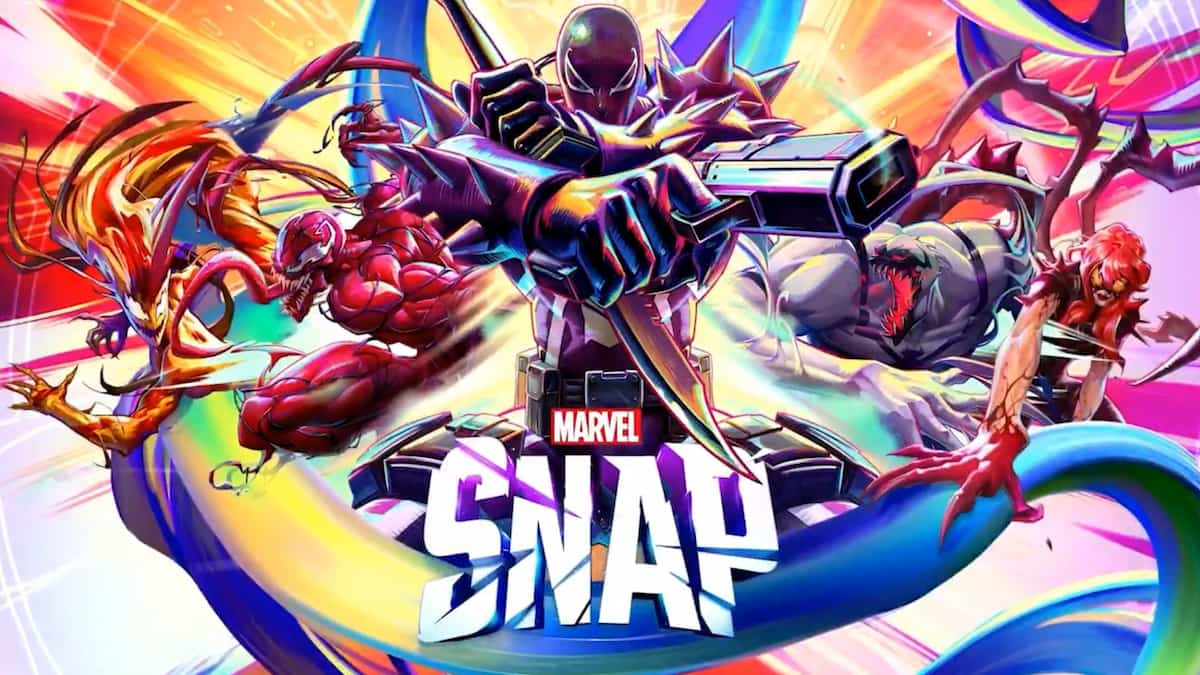


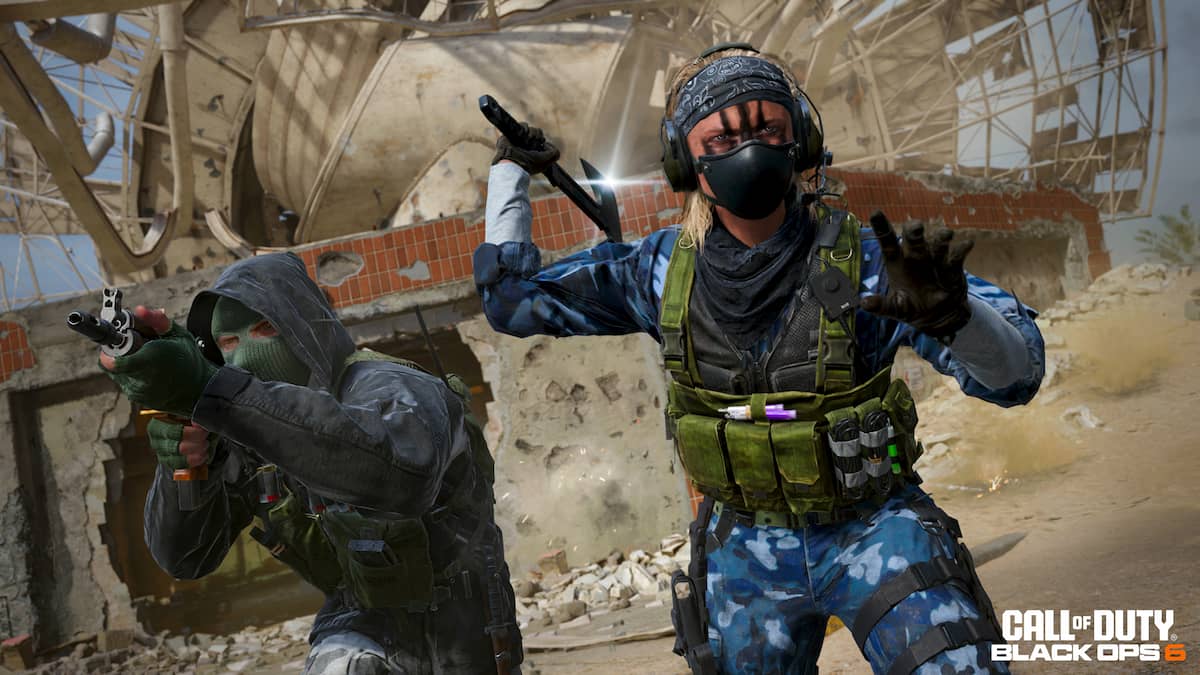
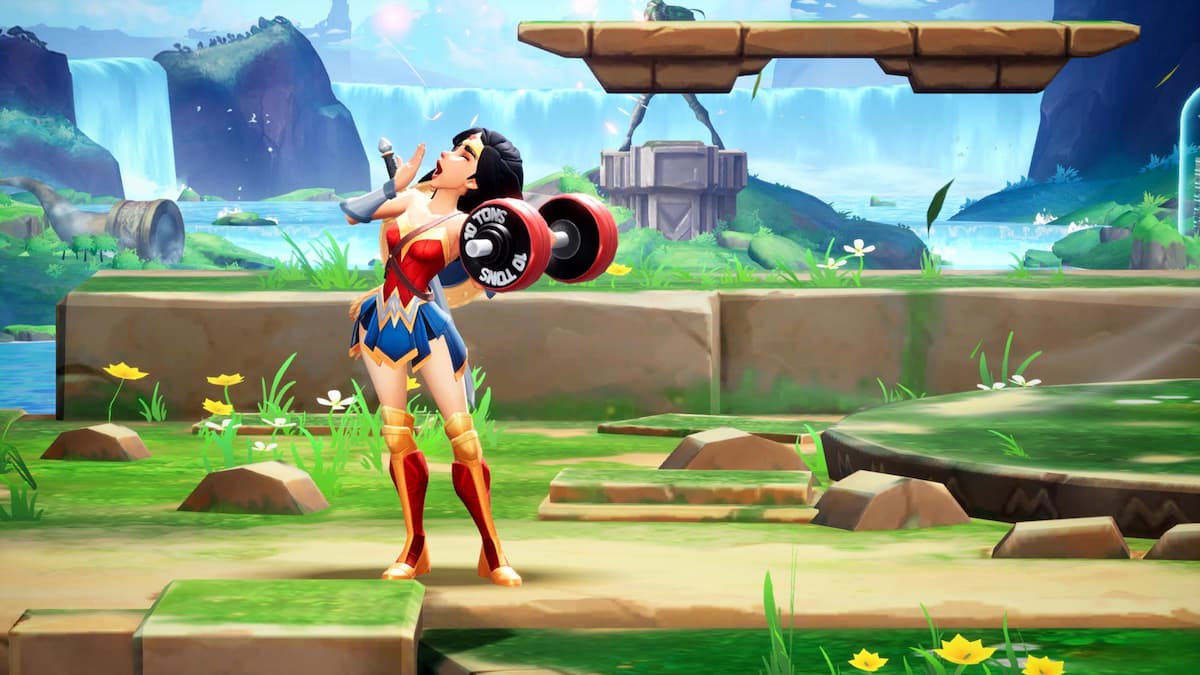

Published: Dec 12, 2023 10:09 am